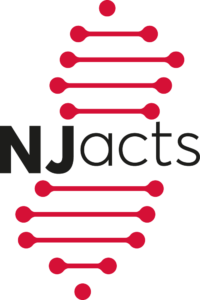 Please read Dr. Panettieri’s article in Pharmacology & Therapeutics titled, “RGS proteins, GRKs, and beta-arrestins modulate G protein-mediated signaling pathways in asthma.”
Please read Dr. Panettieri’s article in Pharmacology & Therapeutics titled, “RGS proteins, GRKs, and beta-arrestins modulate G protein-mediated signaling pathways in asthma.”
In asthma patients, AHR results from a complex interplay of inflammatory mediators, airway remodeling, and exaggerated ASM shortening in the medium-sized to small bronchioles. In about 50% of patients with asthma, type 2 immune responses to allergens evoke airway inflammation and AHR. Allergens activate innate immunity mediated by respiratory epithelial cells that secrete cytokines (e.g. IL-25, IL-33, and thymic stromal lymphopoietin [TSLP], among others) involved in migration and activation of leukocytes. Epithelial-derived mediators also activate airway resident immune cells including mast cells and type 2 innate lymphoid cells (ILC2s) and induce specific adaptive immune responses eliciting secretion of immunoglobulin E (IgE). IgE crosslinks specific receptors (FcεR1) on mast cells, promoting release of preformed substances (e.g. histamine, TNFα) from granules and newly synthesized mediators (leukotrienes, prostaglandins) that modulate bronchomotor tone. To read the full article.
RGS proteins, GRKs, and beta-arrestins modulate G protein-mediated signaling pathways in asthma. Fuentes N, McCullough M, Panettieri RA Jr, Druey KM. Pharmacol Ther. 2021 Jul;223:107818. doi: 10.1016/j.pharmthera.2021.107818. Epub 2021 Feb 15. PMID: 33600853 PMCID: PMC8192426 DOI: 1016/j.pharmthera.2021.107818
